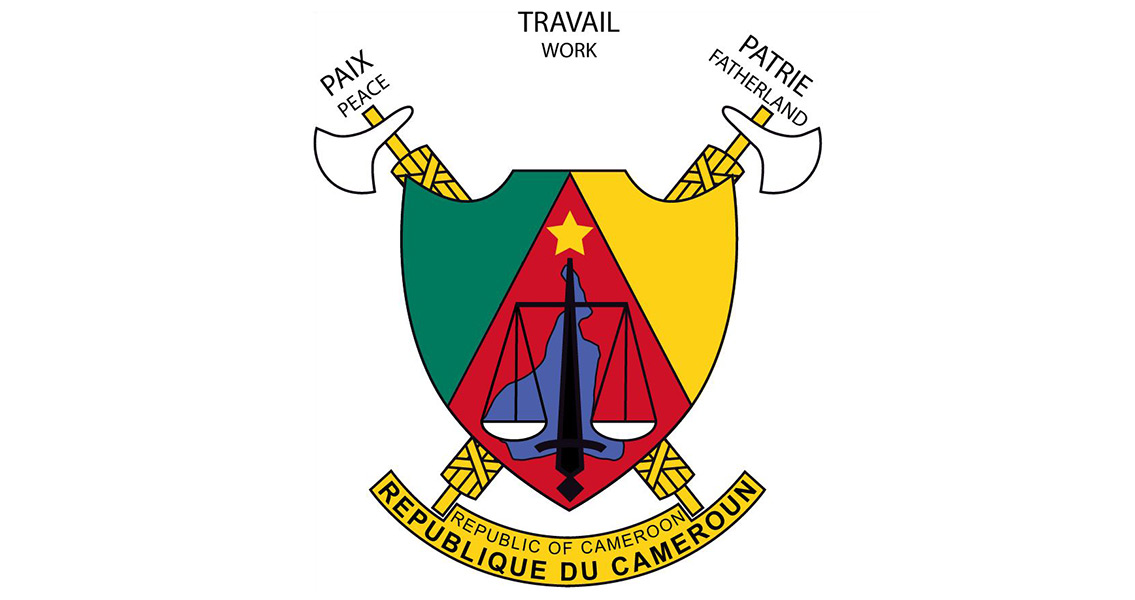<![CDATA[The history of Cameroon's independence is a half-written story. As with so much of African history, many of the actors involved in the struggle have not had their voices heard. New research has been examining the actions of one particular group: members of the Kamerun Society, a think-tank which influenced some of the key players in the independence movement. Cameroon, on the West coast of Africa, just above the Equator, was a German colony from 1884 until 1919. After this, the country was divided between French and British rule. Cameroon existed as a partitioned country under foreign administration until 1960. One of the key groups in the 1950s was the Kamerun National Democratic Party (KNDP) who called for independence and reunification. Much attention has been paid to the sustained campaign the KNDP mustered, but very little scholarly examination has been given to how they formulated their ideology. Damian Akara, from the University of Maroua, Cameroon, has published research examining the impact the Kamerun Society had on the policies of the KNDP. "Though much has been written on the role played by pressure groups and political parties in the struggle for independence... it is unfortunate that the KS [Kamerun Society] has not been given adequate attention," Akara notes in his article, published in the most recent edition of the African Journal of History and Culture. One of the main groups to emerge during the 1950s, the Kamerun Society wanted to act as the voice of the people of British-administered Southern Cameroon. By exerting pressure on the authorities, the Kamerun Society wanted the British to find lasting solutions to problems facing the general population. Of particular concern was the very low literacy levels amongst Cameroonians; the Kamerun Society wanted more post-primary and professional education establishments created. Low levels of education were a major obstacle to self-governance, as it would have been difficult for an uneducated population to take over the administrative machinery from foreigners. As a result of the Kamerun Society exerting this pressure on the British administrators, they came to play an advisory role for the KNDP leadership. "It was perhaps for this reason that the KS was branded the 'think tank' or 'brain trust' of the KNDP," Akara notes. Interestingly, the Kamerun Society was open to anyone who supported the objectives of the group, irrespective of their region of origin or ethnic group. In this way, they were an organisation with a Cameroon-wide vision of unification; they did not just want to see British Southern Cameroon independence, but the independence of and reunification with French Cameroon also. The impact of the Kamerun Society must not be underestimated. In the weeks before the 1959 elections, the Society was involved in the political campaign of the KNDP. Without the efforts of the Kamerun Society, it is arguable whether the pro-reunification KNDP would have had such success. Akara's work is a very important addition to the study of Cameroon's history. It allows us to see the actions of a key organisation in the independence movement, one which gave reunification a real driving force behind it. It seems strange that the Kamerun Society, an institution which campaigned for a united Cameroon, is so under-studied by historians of independent, and unified, Cameroon. For more information: www.academicjournals.org Image courtesy of Wikimedia Commons user: AnonMoos]]>
Hidden Aspect of Cameroon's Independence Movement
